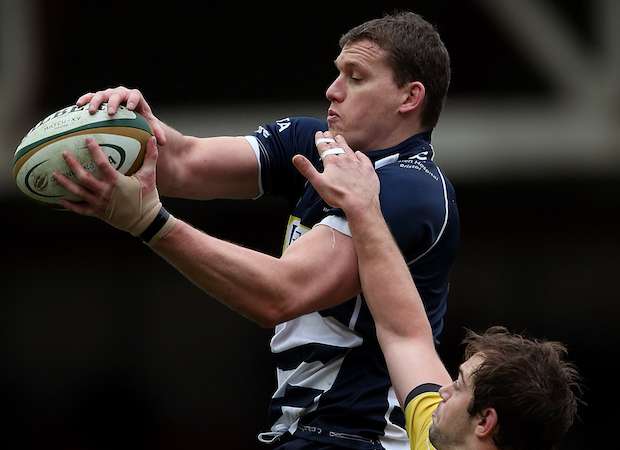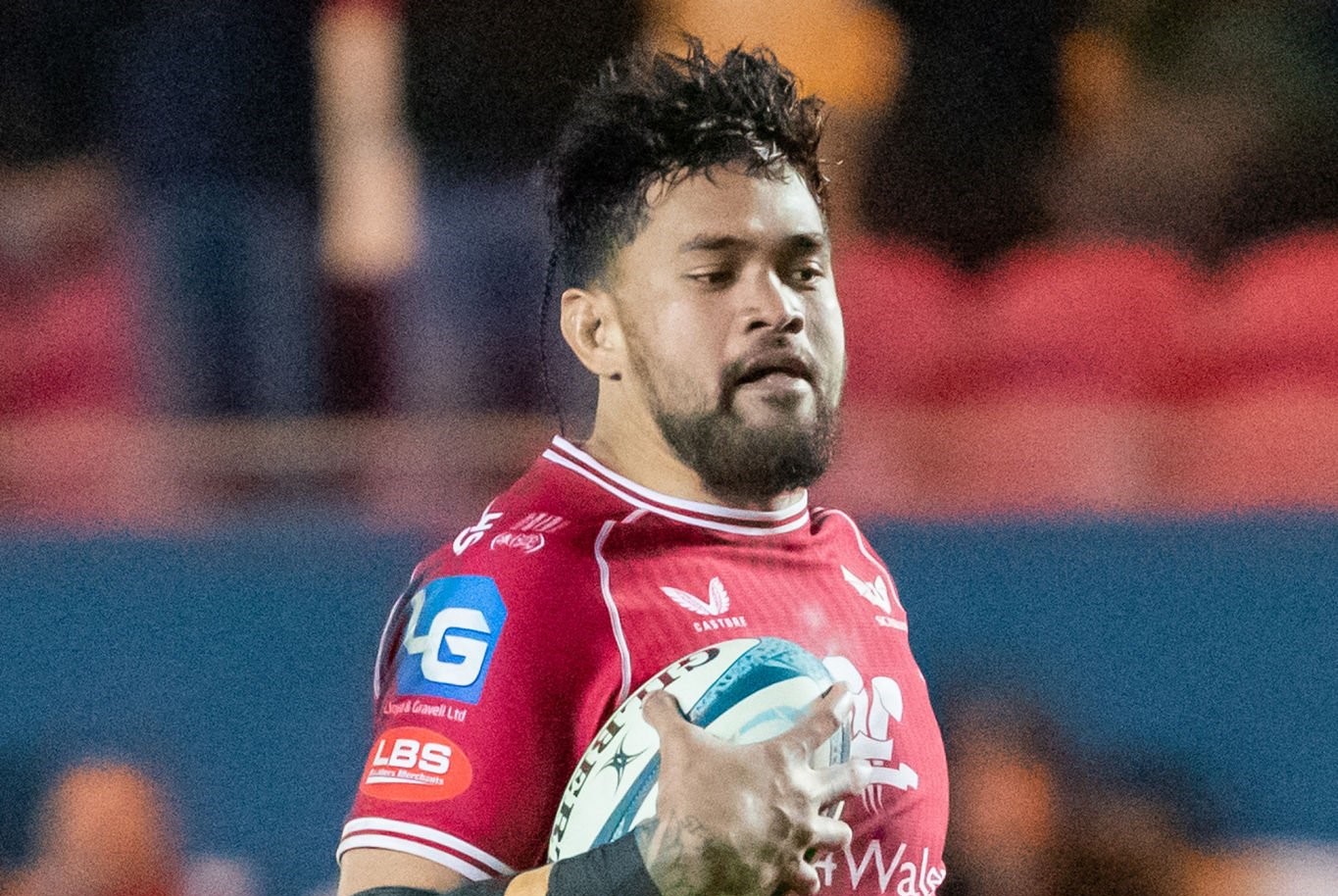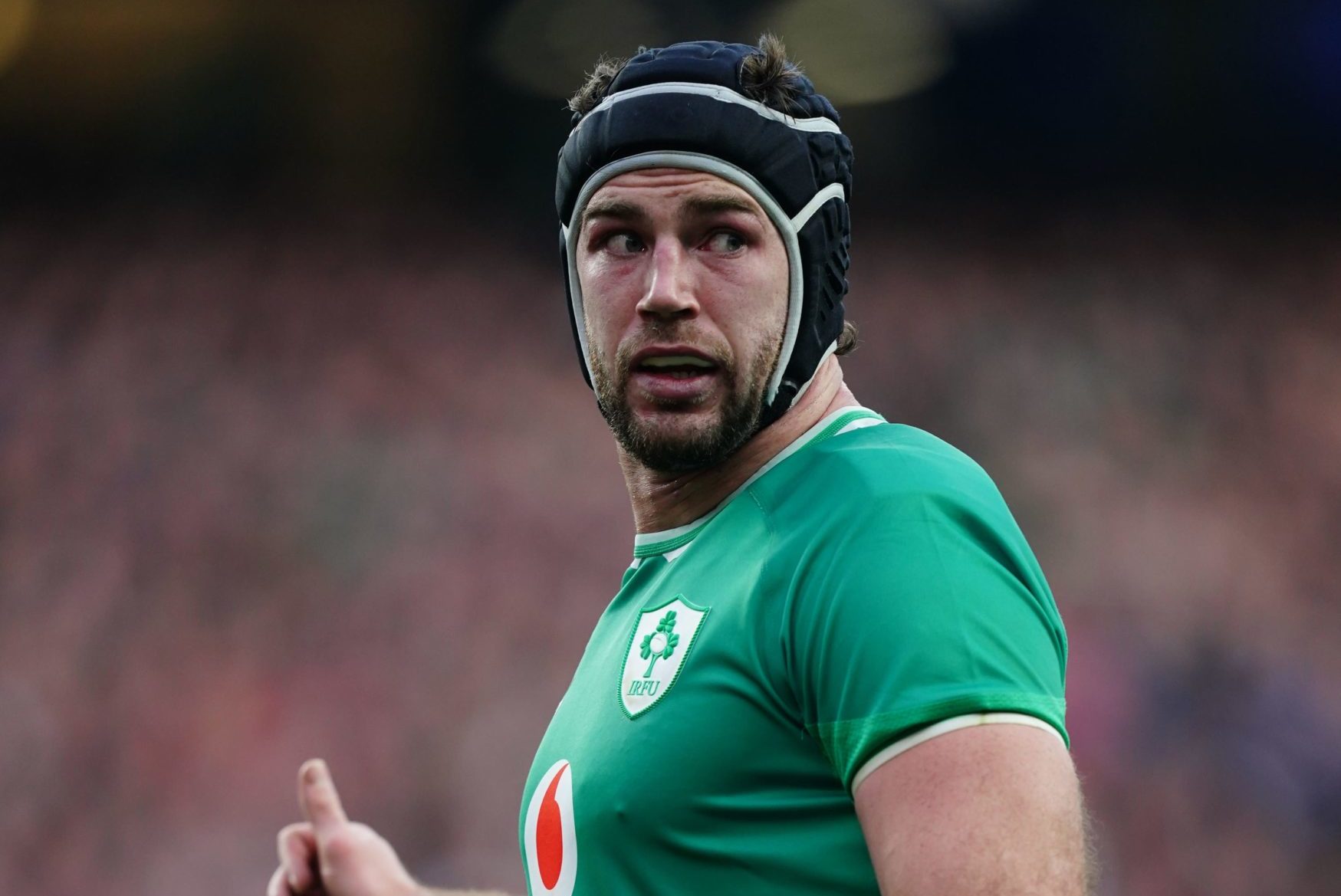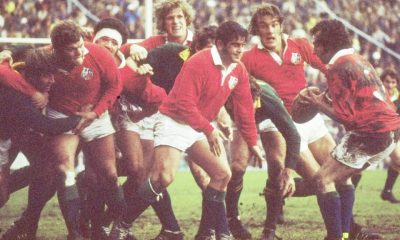
 As career records go, it surely stands supreme – three Six Nations’ tournaments, three Six Nations titles and two Grand Slams. Out of a grand total of 14 matches in the Championship, he helped his country win 13.
As career records go, it surely stands supreme – three Six Nations’ tournaments, three Six Nations titles and two Grand Slams. Out of a grand total of 14 matches in the Championship, he helped his country win 13.
By way of compensation for the one Slam he missed, in 2013, the critics gave him almost unanimous selection in the Team of the Year which made him a shoo-in for the Lions tour of Australia.
How strange, then, that the player concerned has not been seen in the tournament since the crowning glory of Wales’ thrashing of England in Cardiff three years ago.
A giant among giants of the second row, he has since done the seemingly impossible and disappeared from view which for a very large man standing nearer 7ft tall than 6ft takes some doing.
What on earth, you may well ask, has happened to Ian Evans? The same Ian Evans who announced his arrival on the grand stage in the Six Nations of 2008 by helping Wales win the Slam, the 6ft 8in Osprey whose aggression gave the pack an almost Johnsonian edge.
He appeared to have it all – a thoroughly modern second row forward whose streak of meanness made him ideally qualified for whatever came his way, even if it meant a red card or two. And then it began to go wrong.
That summer Evans wound up watching the Test series against Australia as a non-Test Lion. But finding himself unable to split as mighty a second row pairing as Paul O’Connell and Alun-Wyn Jones could hardly be described as a failure.
Worse was to come, though. The second of those reds, during Ospreys’ European Cup tie against Leinster in Dublin before the start of the 2014 Six Nations, brought a 12-week suspension and instant elimination from the entire tournament.
By the end of that season Toulon pulled the plug on a proposed transfer without saying why. Instead, Evans made the more modest move to the far side of the Severn and Bristol. Rather than delve into the no-go zone of the English Championship, the Welsh management left Evans alone at Bristol behind a quartet of locks – Jones, Luke Charteris, Jake Ball and Bradley Davies.
It didn’t stop them sounding Evans out as to his availability for the World Cup, a pointless exercise given that they ought to have known that by then he was in the throes of fighting to save his career.
He smashed his left knee so badly at Plymouth last April that it had to be completely reconstructed and Evans found himself a helpless bystander as Worcester stole Bristol’s Premiership place at the end of a monumental two-leg play-off by the narrowest of margins, 59-58.
Reaching the Promised Land may be taking Bristol an inordinately long time given their resources but Evans has no regrets. “Andy Robinson (head coach) sold me the vision of where Bristol were going – back into the Premiership,” he said. “There should be no excuse for not getting there at the end of this season.”
Their prospects are brighter now the biggest Welshman in the English game is back in one piece. After ten of the longest months of his professional life, Evans achieved a personal triumph against Cornish Pirates last weekend – as first 80-minute match for almost a year.
Evans had been on this particularly punishing road before. He ruptured his right knee against the All Blacks a few months after the first Grand Slam and the recovery process took more than a year.
“When I did the other knee, they told me it would take at least nine months,” he said. “I got through it first time so I never thought it would finish me. You try to focus on a series of little goals. The first was to get movement back into the knee.
“The next goal was walking. Even after 12 weeks, I had a limp. Whether that was a sub-conscious thing because it had become a habit, I don’t know but it took me four months to get rid of it.
“It happens in every contact sport. It’s not nice but you’ve got accept it and fight your way back. I’m fully focused on getting Bristol back up where they belong.”
His ultimate goal, of picking up with Wales where he left off in that riotous 2013 win over England, is shrouded in clouds of confusion. The most confusing is over the Welsh Rugby Union’s so-called Player Selection Policy which is supposed to favour Welsh-based players over rivals playing elsewhere.
So far nobody has suffered, other than Dwayne Peel and James Hook. Those employed outside Wales, like Jamie Roberts, George North, Rhys Priestland and Tomas Francis, continue to be selected as if nothing has changed.
If in six months’ time Evans is back on top of his game with a promoted Bristol, he will want to know where he stands. “I don’t really understand the foreign quota ruling and how it works,” he said about an issue which the WRU give every impression of not understanding either.
“I look at other second rows Luke Charteris and Bradley Davies playing in the Premiership. I haven’t had any conversations with them (Welsh management) but then I wouldn’t expect to at this stage. Bristol have looked after me really well. On and off the field, I’m in the best place I’ve been for a long time. And I think I can get back to where I was as part of a successful Welsh squad.”
At 31, in a position where Brad Thorn, Victor Matfield and Bakkies Botha lasted into their late 30s, Evans still has time on his side.


United Rugby Championship
Vaea Fifita’s commanding presence has Scarlets pushing for URC play-off spot

British and Irish Lions
British and Irish Lions Watch: Caelan Doris confirmed to miss the tour with injury
























You must be logged in to post a comment Login